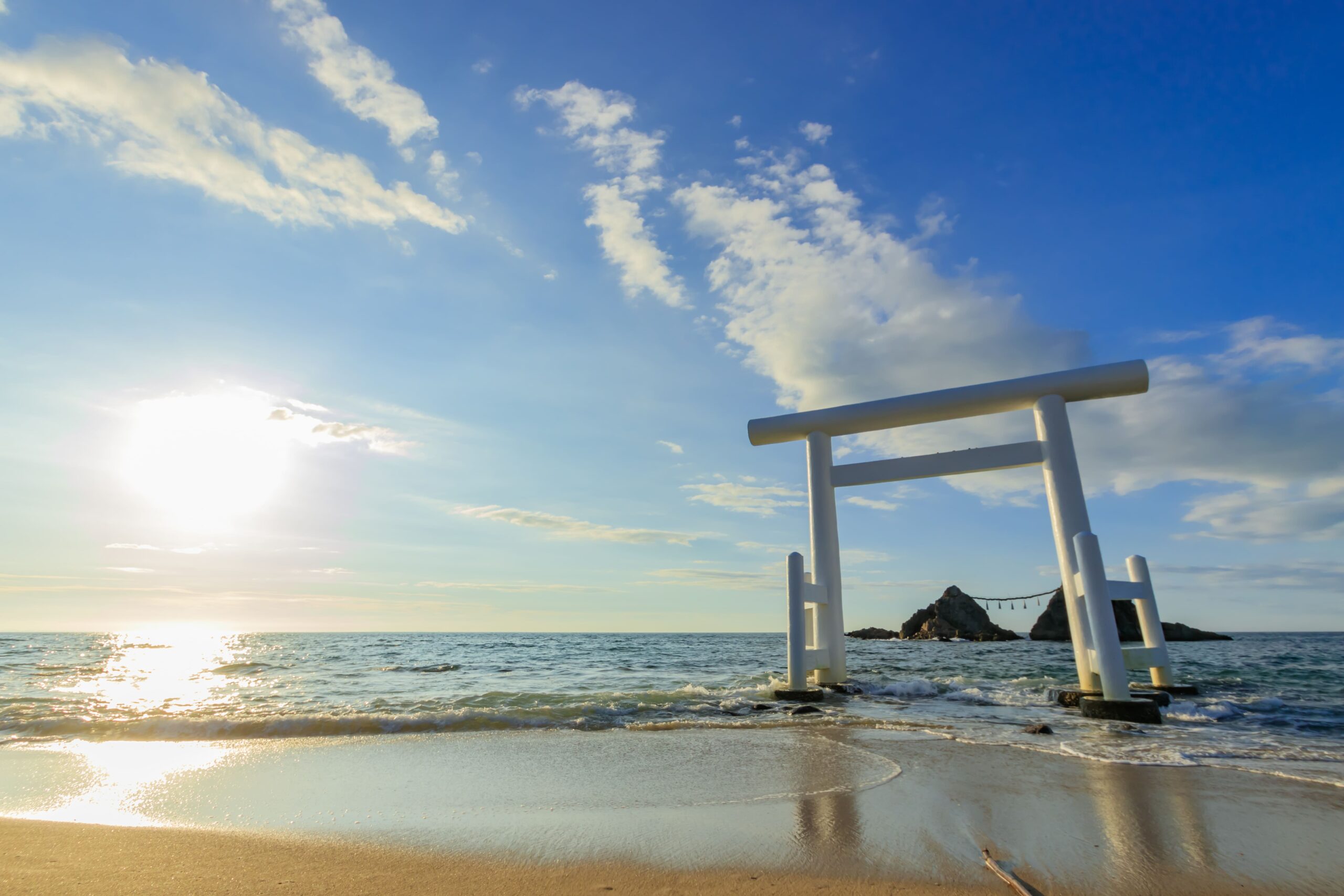
Fukuoka is a city that was created by the fusion of Hakata, which flourished through trade with Asia since ancient times, and Fukuoka, which developed as a castle town. Hakata Port has flourished as a base for trade with the continent since ancient times, giving rise to a culture rich in international flavor. On the other hand, Fukuoka developed around Fukuoka Castle, which was built during the Edo period, and prospered as a political and economic center. After the Meiji period, Hakata and Fukuoka merged and continued to develop as Fukuoka City. Today, it has established itself as a gateway to Asia and an international business hub.
Historically, Fukuoka has cultivated its own unique culture while being influenced by continental culture. While traditional festivals and crafts are cherished and passed down, new culture and art are also being actively embraced.
It is known as the "Food Capital" and has an attractive food culture, including fresh seafood and ramen. In particular, Hakata ramen is characterized by its pork bone soup and ultra-thin noodles, and is popular among locals and tourists alike. In addition, the food stall culture has taken root, and many food stalls are lined up at night. These food cultures are deeply rooted in the lives of Fukuoka citizens and attract many tourists.
Fukuoka City has a wide range of attractions, including historical buildings, beautiful nature, and food culture. There are many tourist spots such as historic shrines and temples such as Dazaifu Tenmangu and Munakata Taisha, the Itoshima Peninsula with its beautiful coastline, and Mt. Hiko with its rich natural beauty. Especially in recent years, the number of foreign tourists has increased, and the tourism industry has become an important industry supporting Fukuoka City's economy.
Fukuoka is a city that was created by the fusion of Hakata, which flourished through trade with Asia since ancient times, and Fukuoka, which developed as a castle town. Hakata Port has flourished as a base for trade with the continent since ancient times, giving rise to a culture rich in international flavor. On the other hand, Fukuoka developed around Fukuoka Castle, which was built during the Edo period, and prospered as a political and economic center. After the Meiji period, Hakata and Fukuoka merged and continued to develop as Fukuoka City. Today, it has established itself as a gateway to Asia and an international business hub.
Historically, Fukuoka has cultivated its own unique culture while being influenced by continental culture. While traditional festivals and crafts are cherished and passed down, new culture and art are also being actively embraced.
It is known as the "Food Capital" and has an attractive food culture, including fresh seafood and ramen. In particular, Hakata ramen is characterized by its pork bone soup and ultra-thin noodles, and is popular among locals and tourists alike. In addition, the food stall culture has taken root, and many food stalls are lined up at night. These food cultures are deeply rooted in the lives of Fukuoka citizens and attract many tourists.
Fukuoka City has a wide range of attractions, including historical buildings, beautiful nature, and food culture. There are many tourist spots such as historic shrines and temples such as Dazaifu Tenmangu and Munakata Taisha, the Itoshima Peninsula with its beautiful coastline, and Mt. Hiko with its rich natural beauty. Especially in recent years, the number of foreign tourists has increased, and the tourism industry has become an important industry supporting Fukuoka City's economy.
There are some off-market properties through us.
Let us know what type of properties you are looking for !